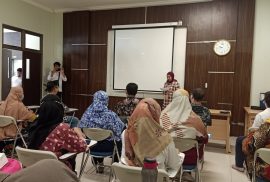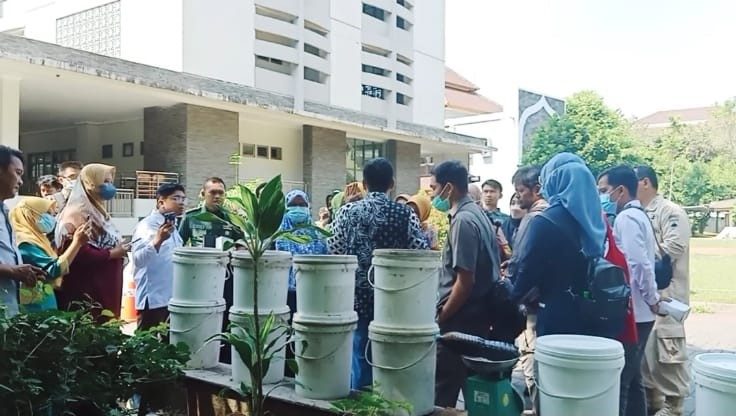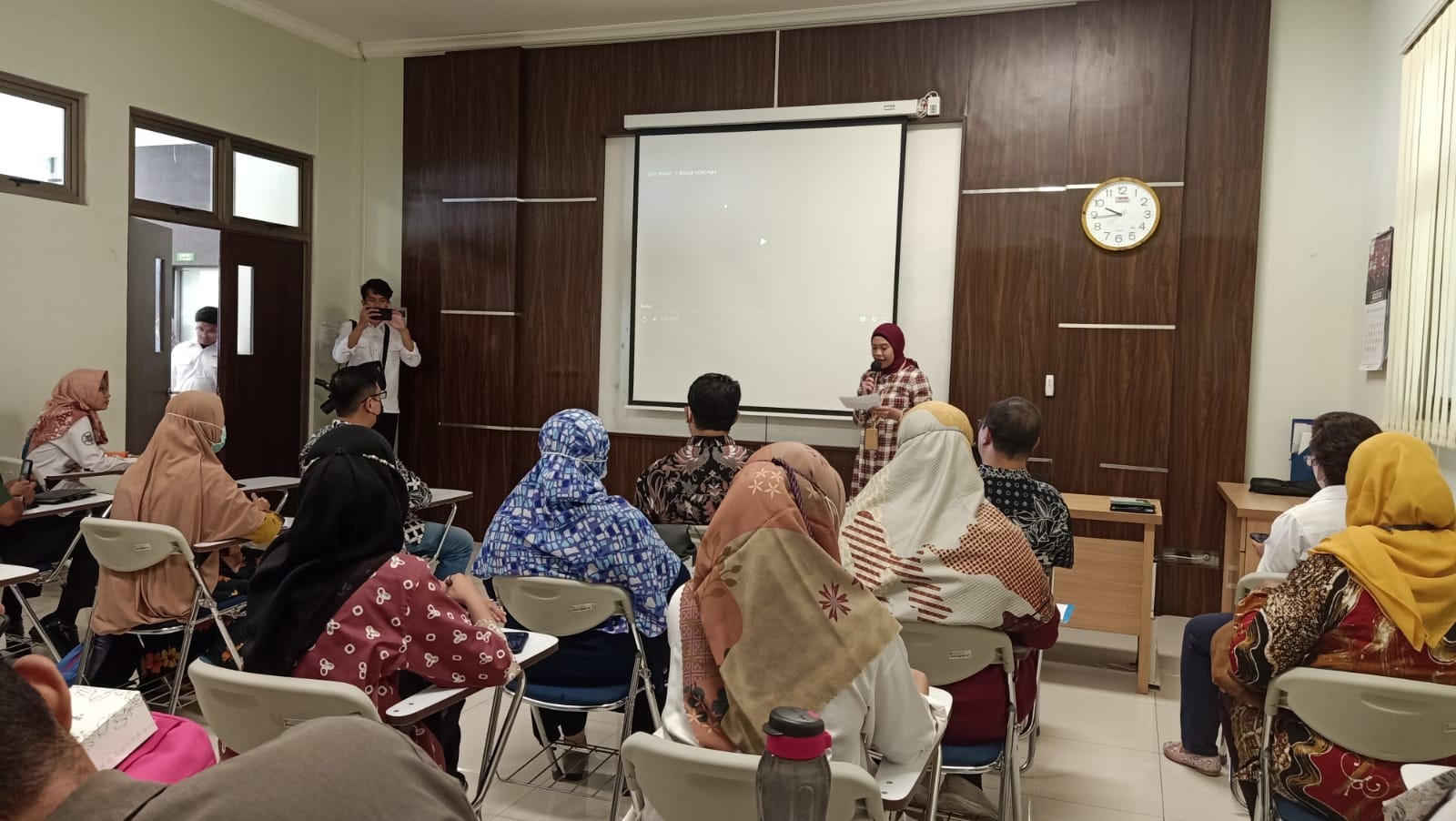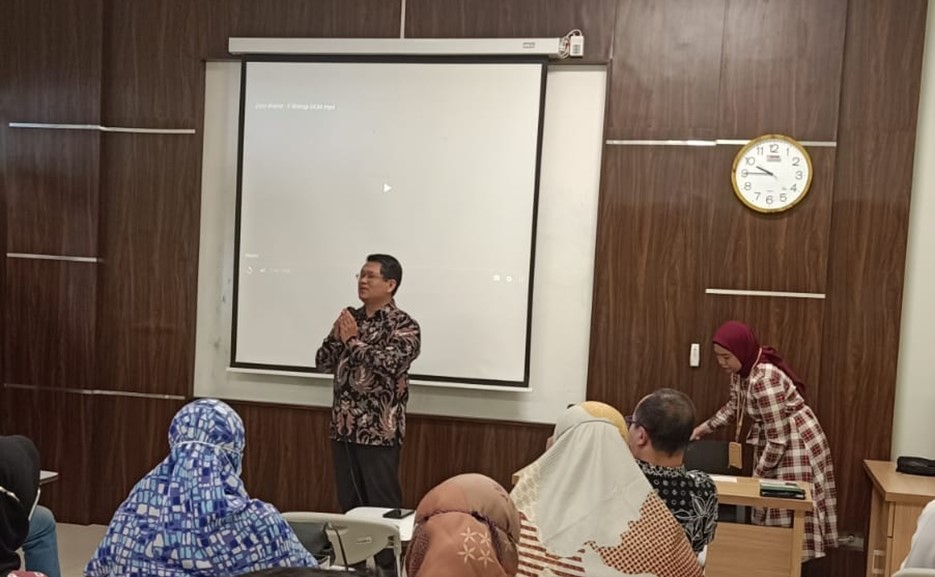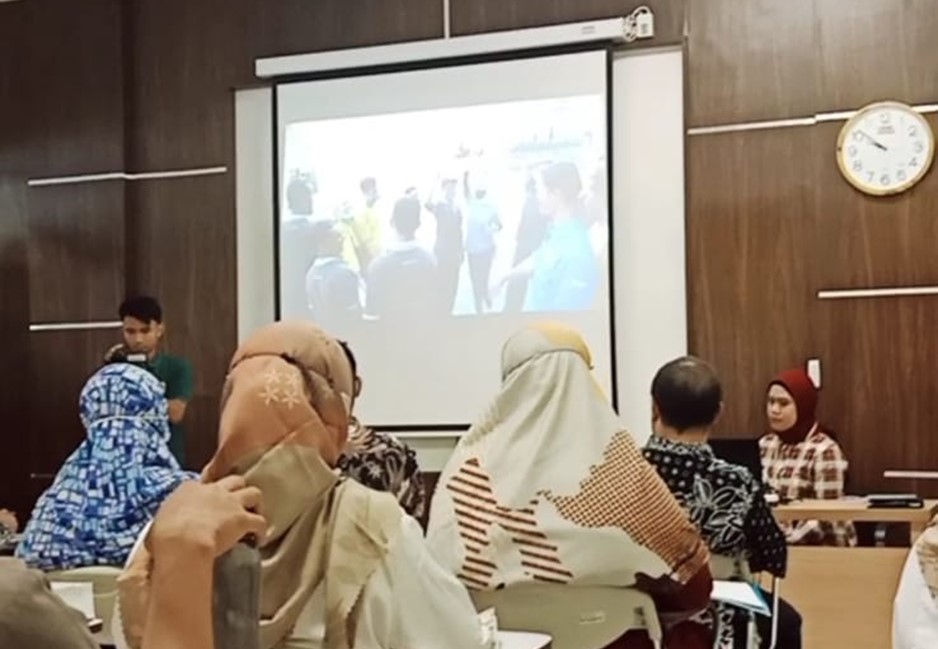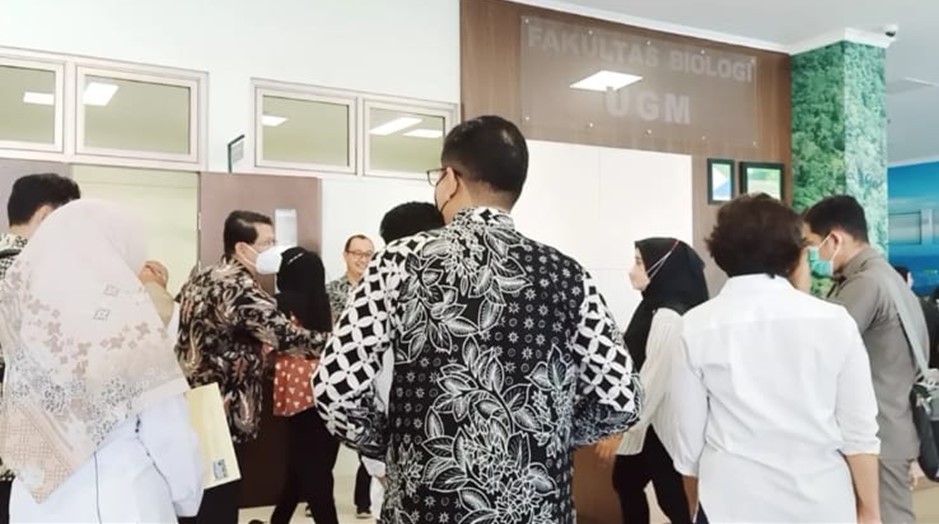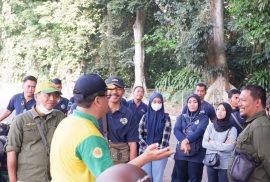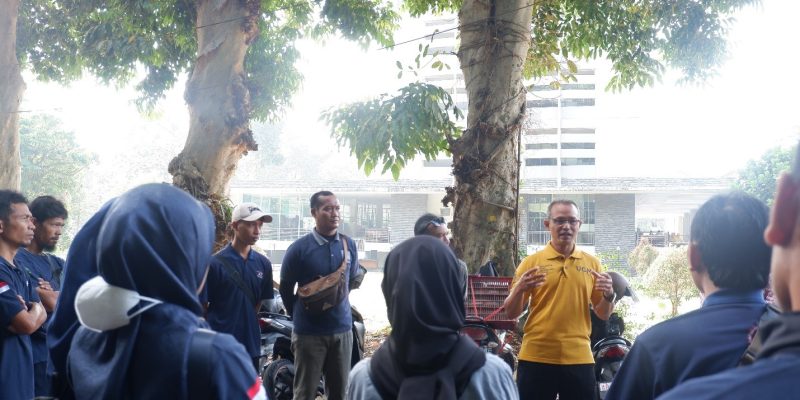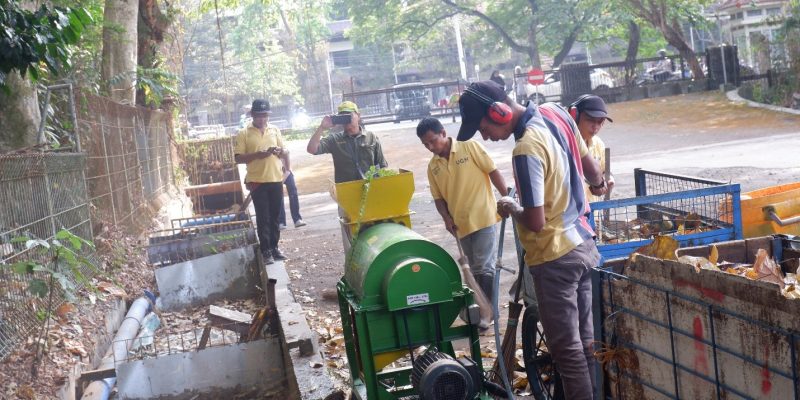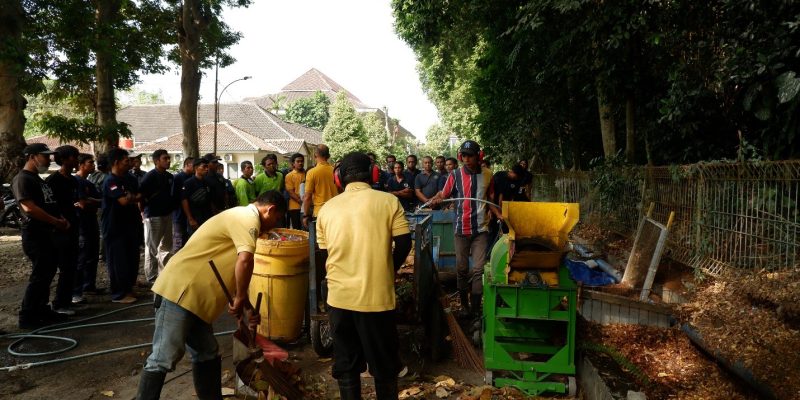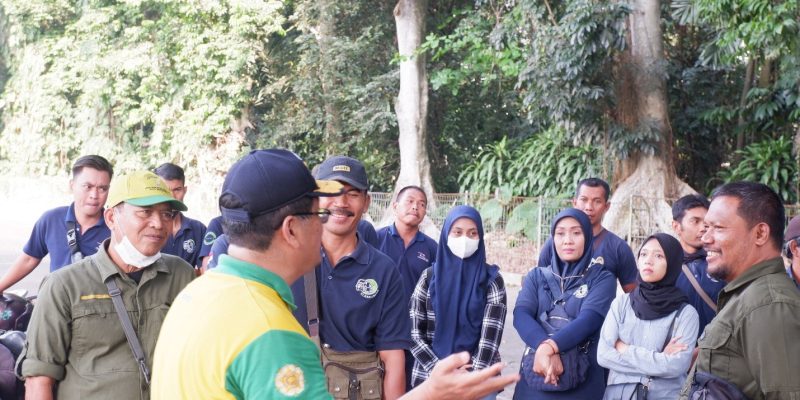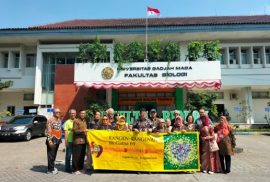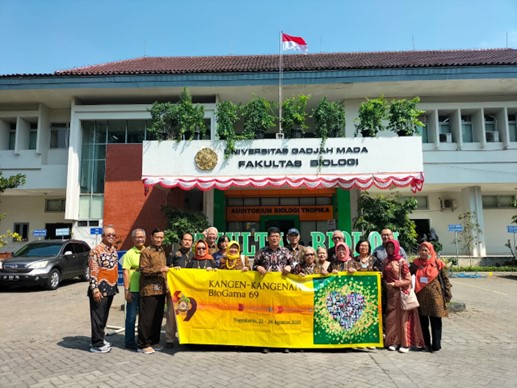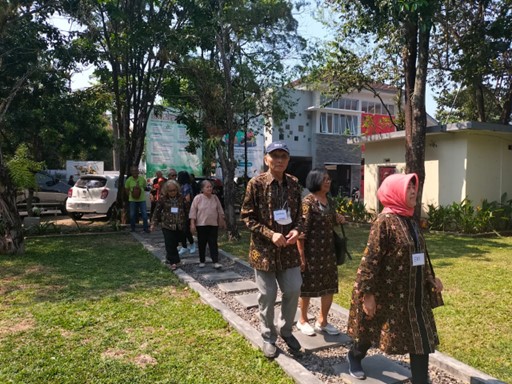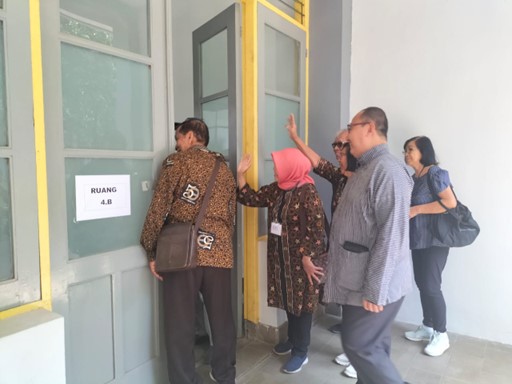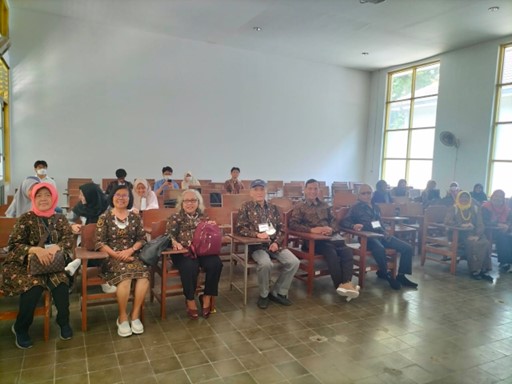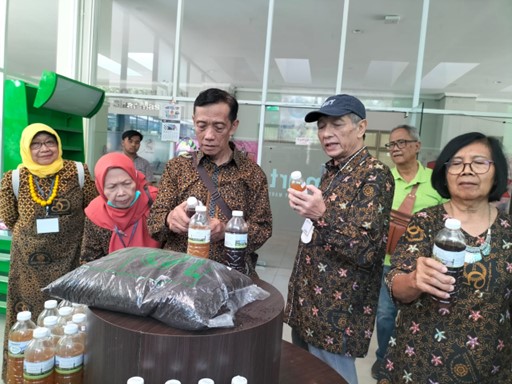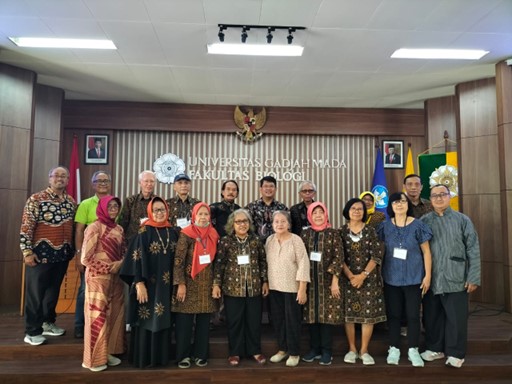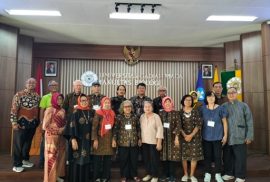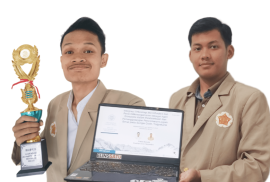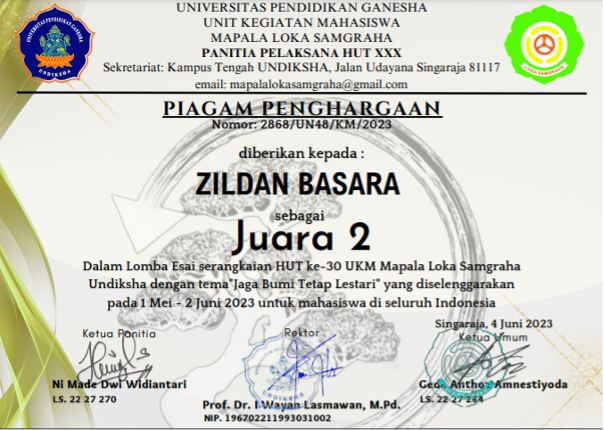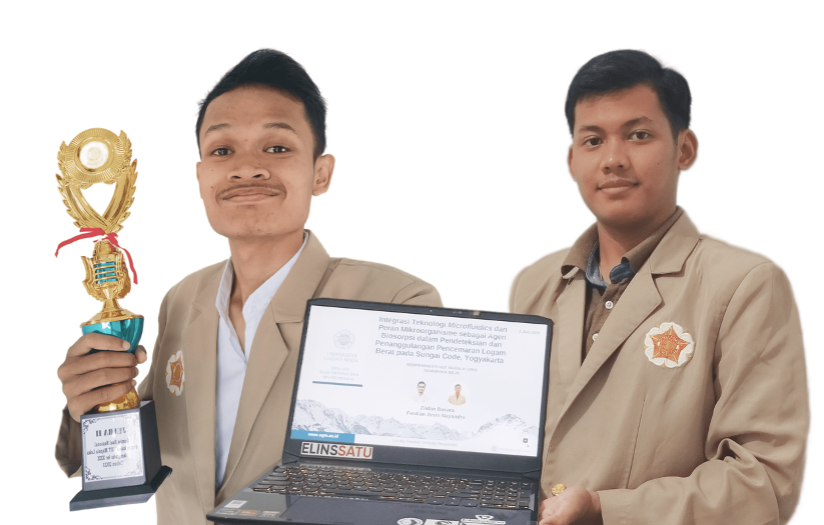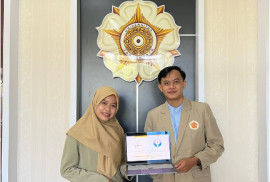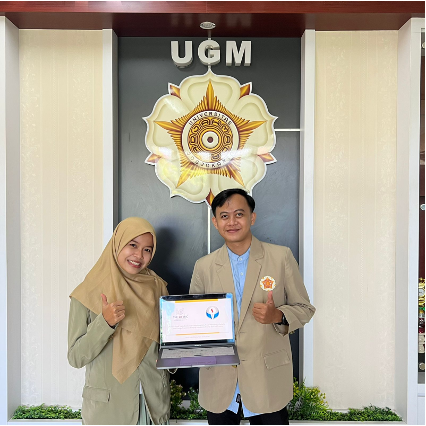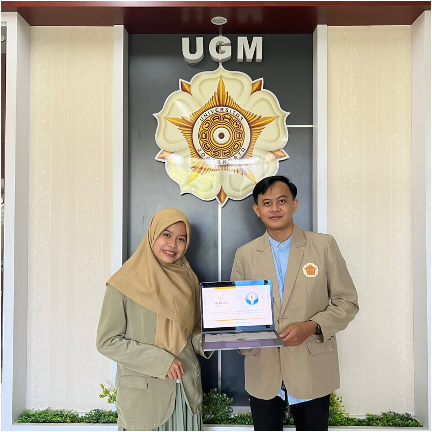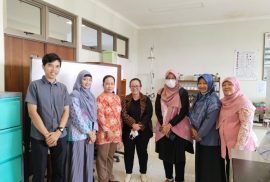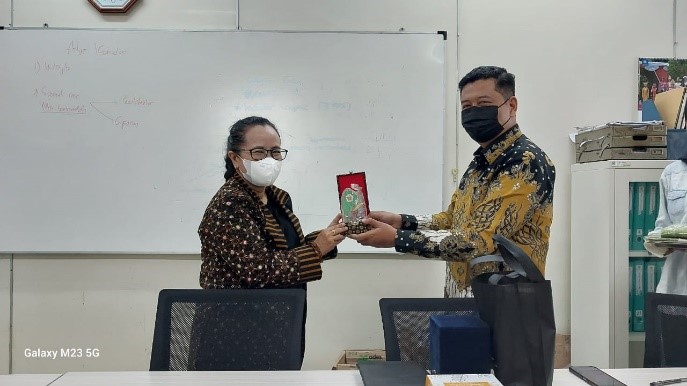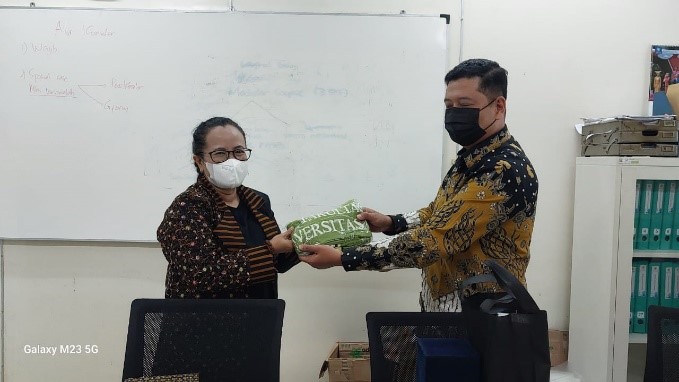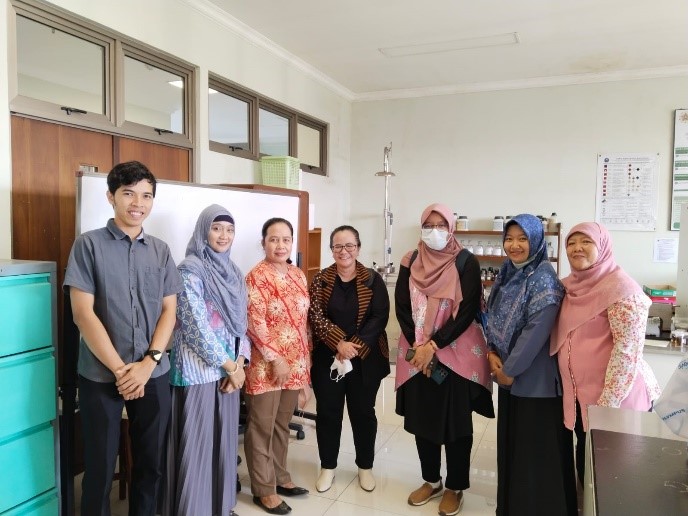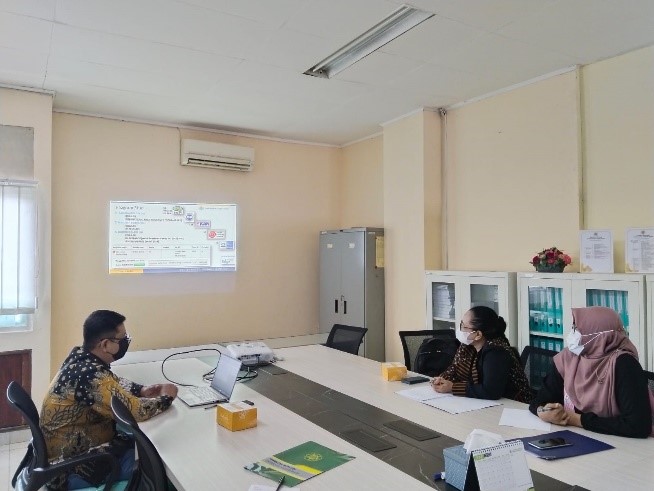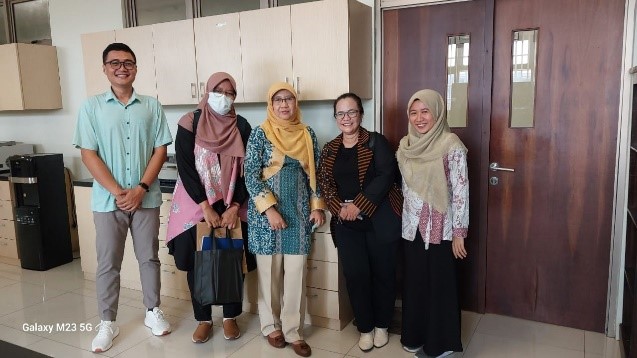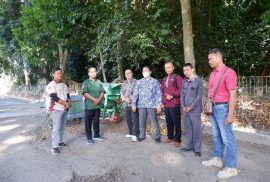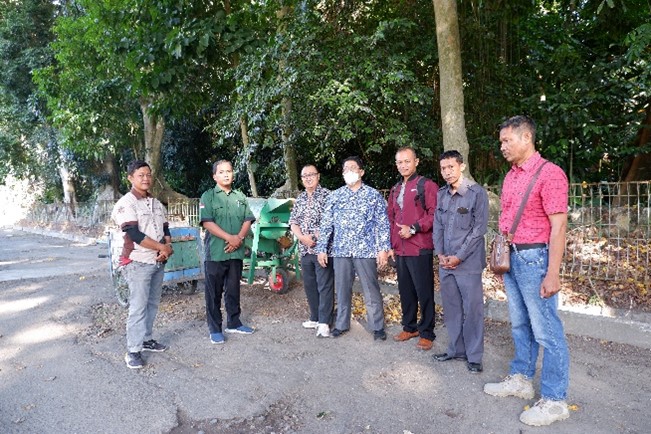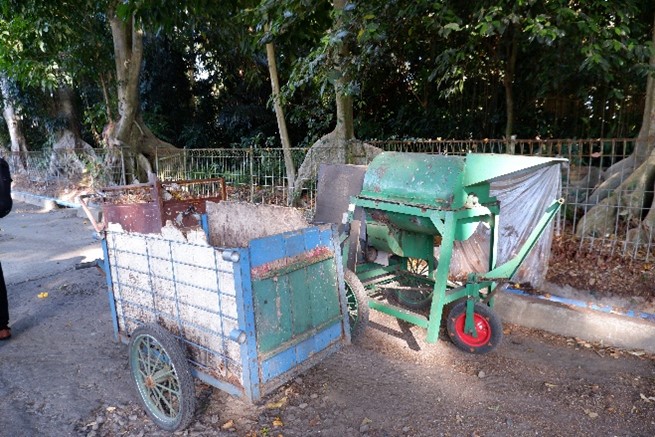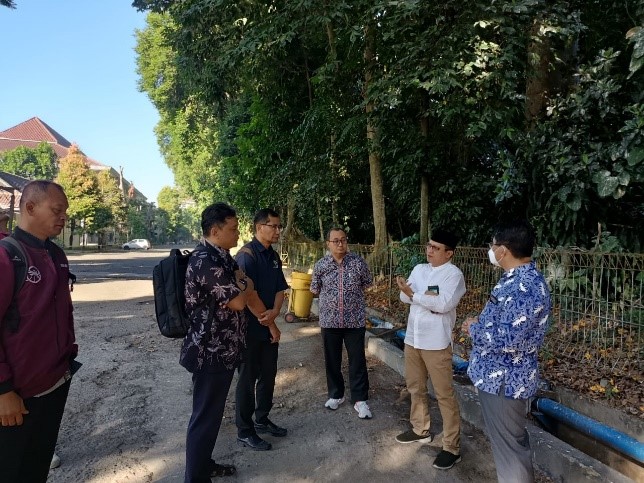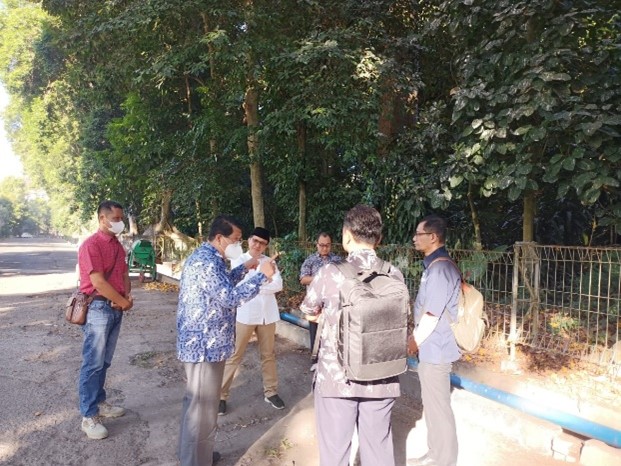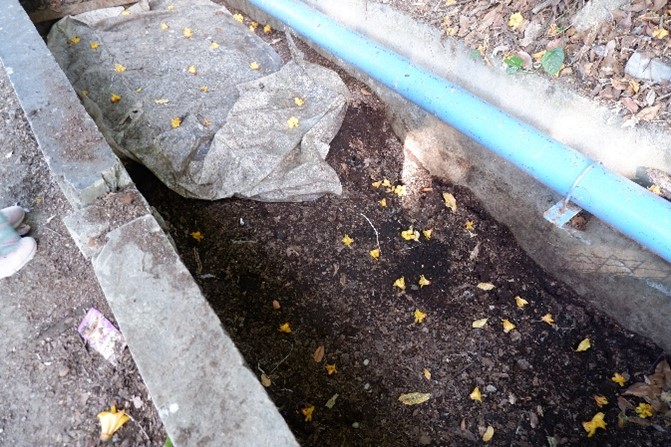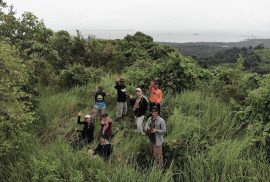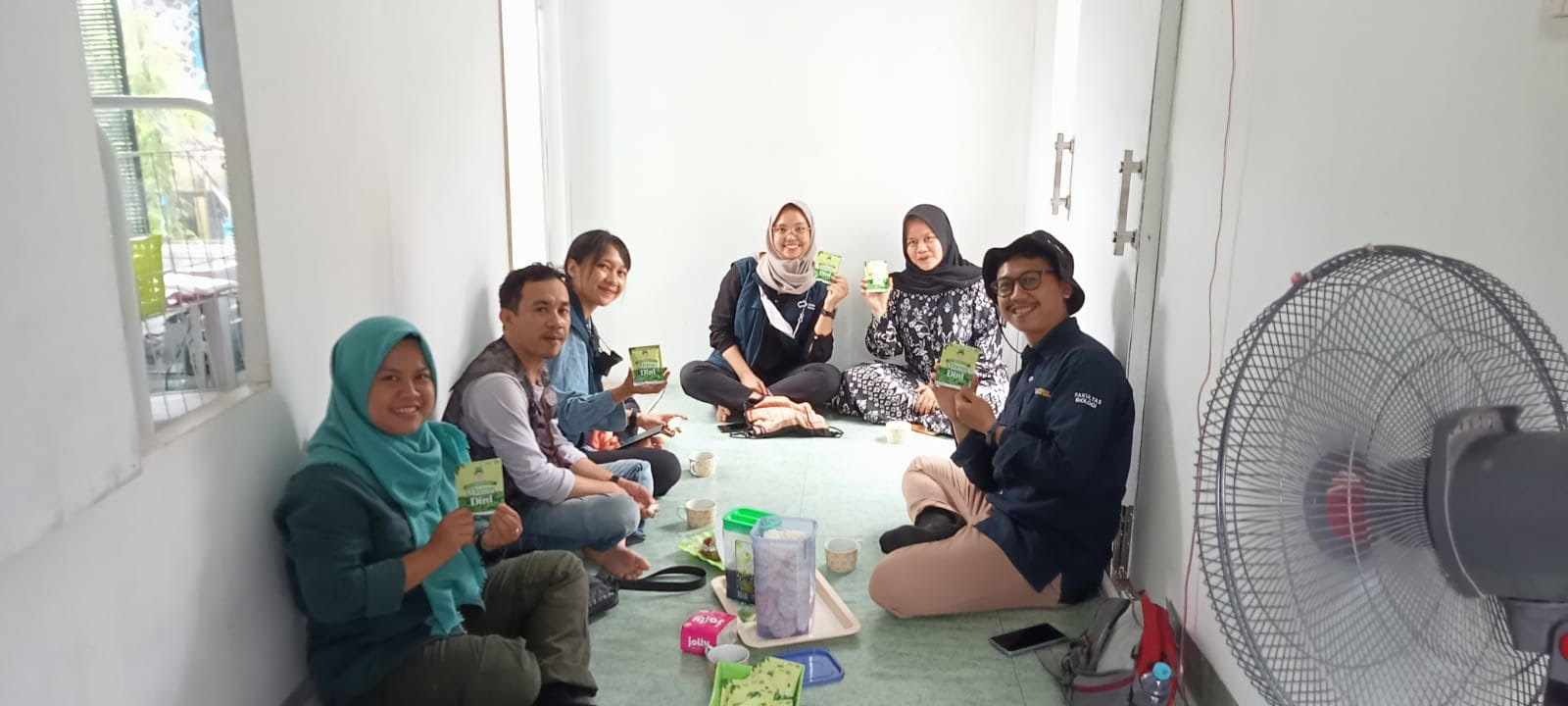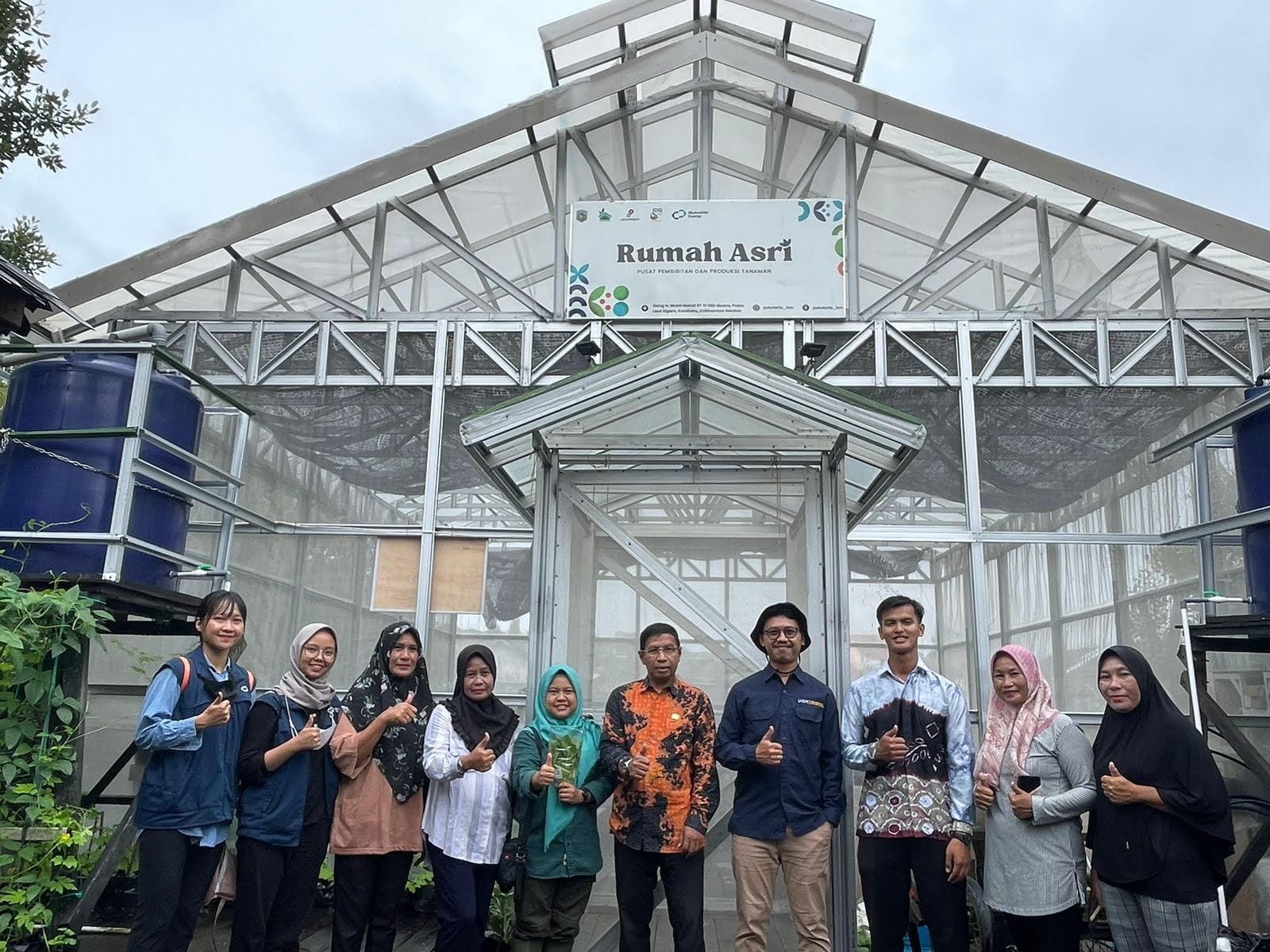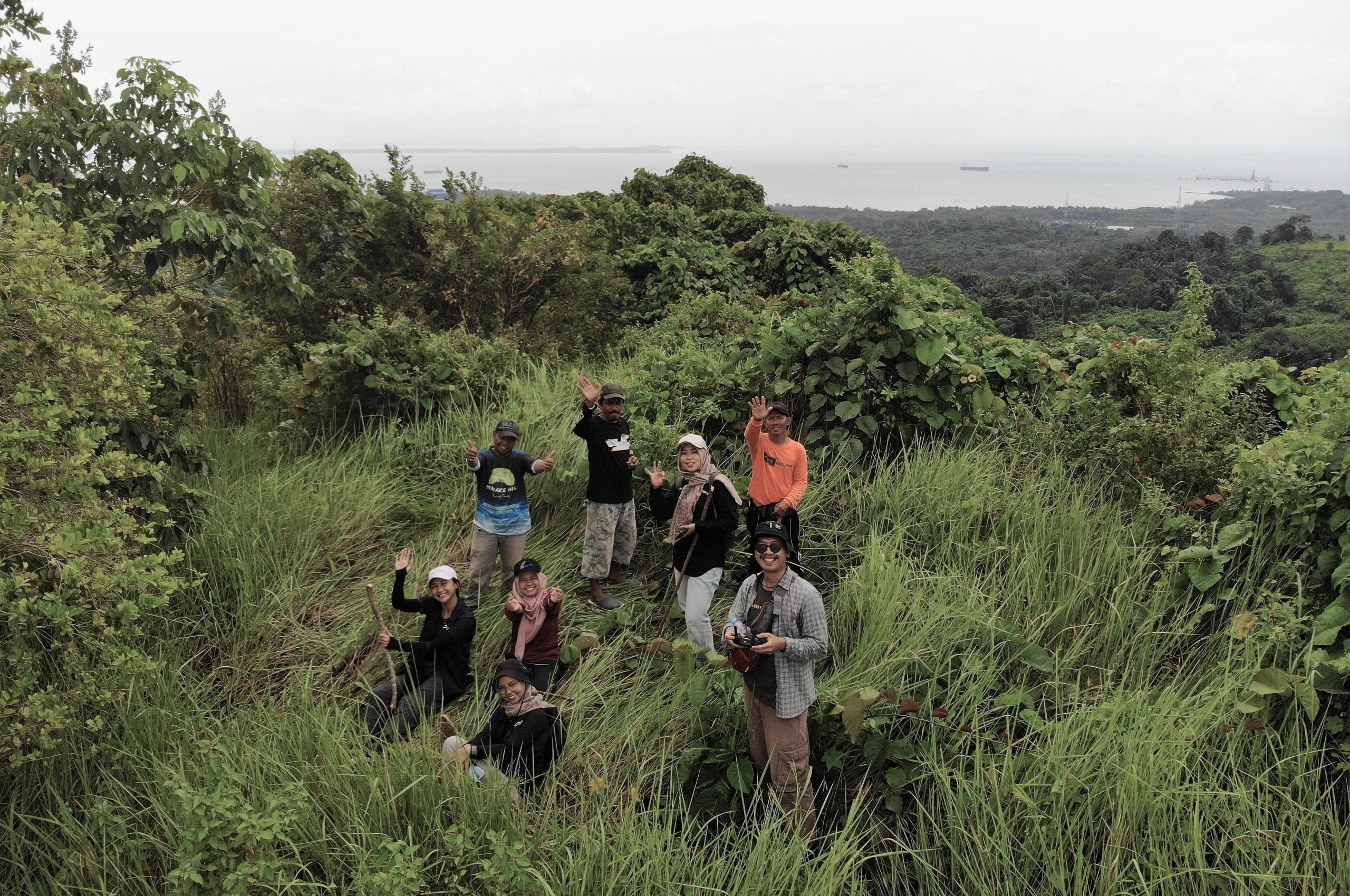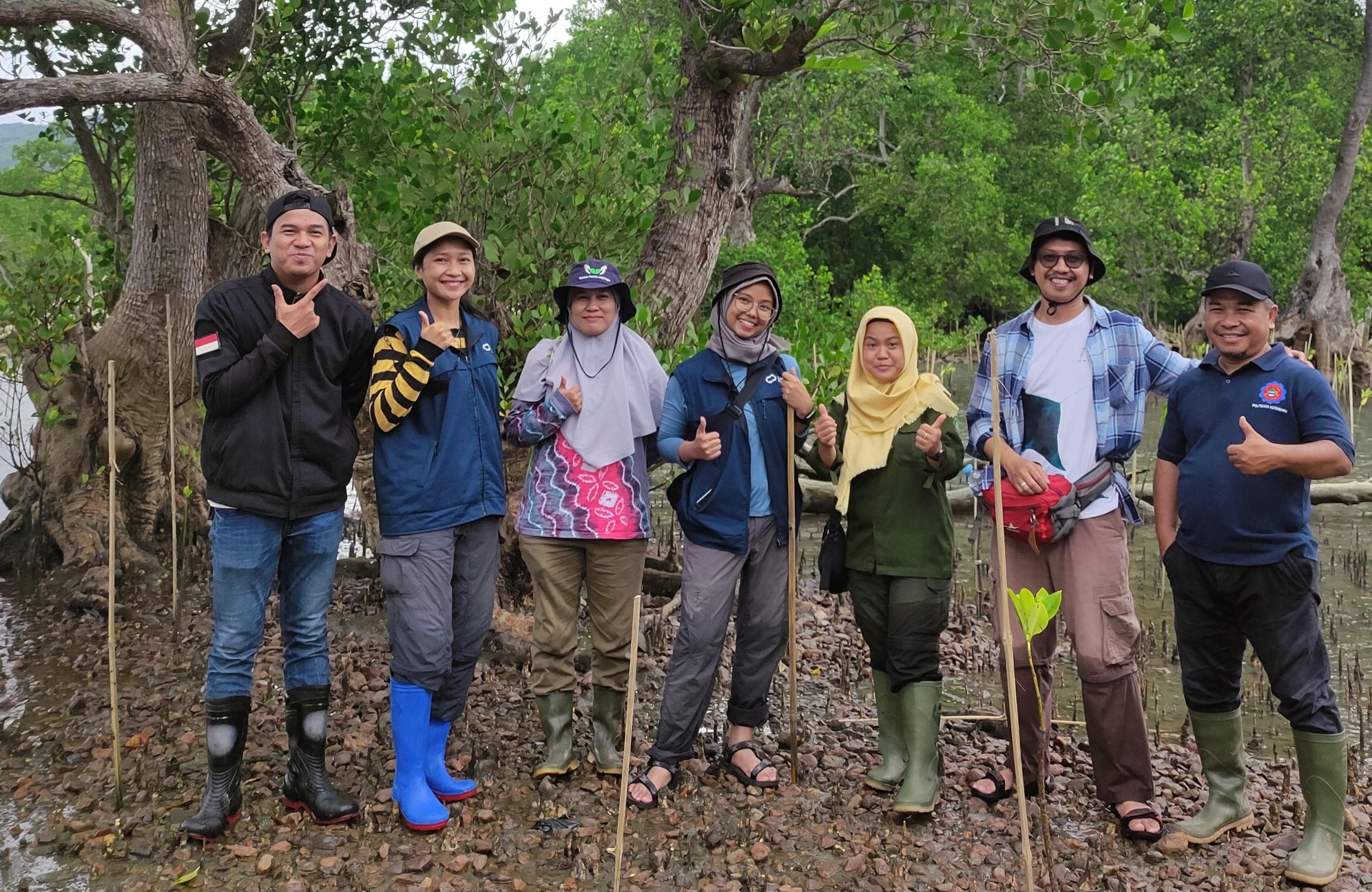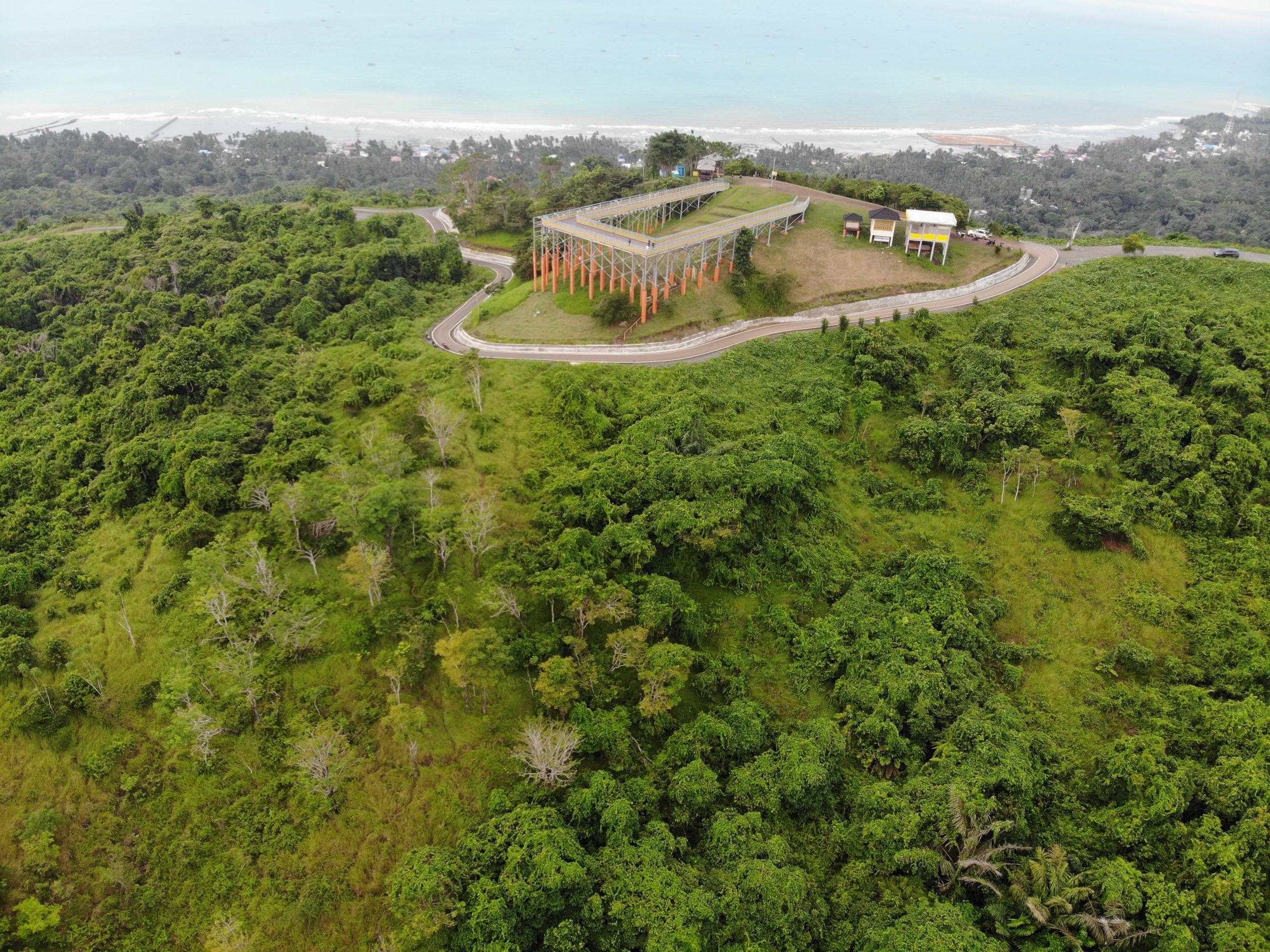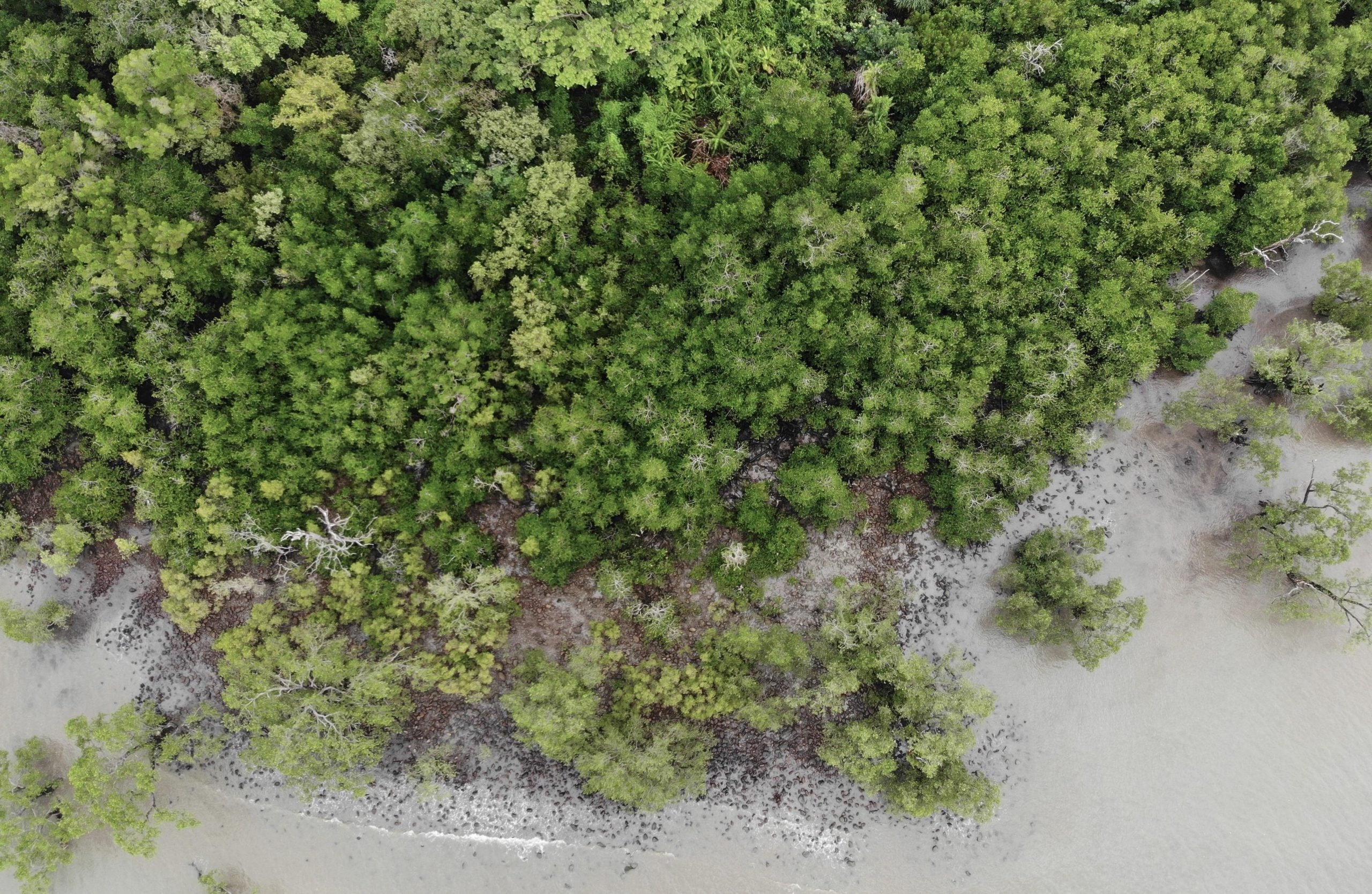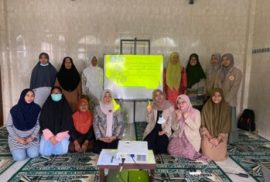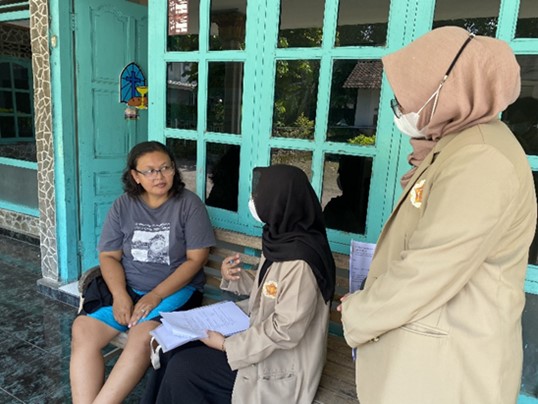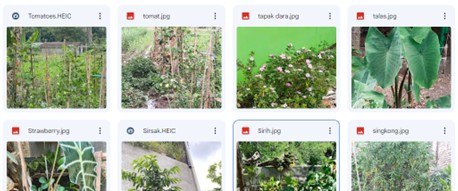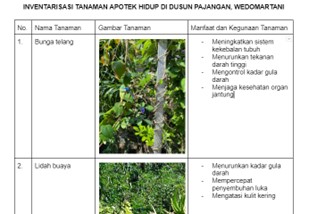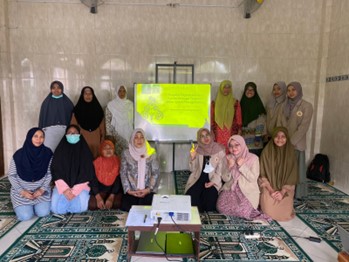On Monday 7 August 2023, a group of waste management tour participants coordinated by SONJO, a humanitarian movement focused on aiding communities visited The Faculty Of Biology UGM. The group, consisting of 25 participants, arrived at the Faculty of Biology UGM around 9:30 AM and was promptly received by the Dean and the faculty members. This visit to the Faculty of Biology at UGM was part of a series of visits that had previously taken place at the Faculty of Dentistry at UGM.
During his welcoming speech, the Dean of the Faculty of Biology UGM, Prof. Dr. Budi S. Daryono, M.Agr.Sc., expressed gratitude for the participants’ visit. “The issue of waste actually originates from humans themselves, so it’s up to humans to solve it,” Prof. Budi stated. Furthermore, Prof. Budi elaborated that the Faculty of Biology UGM engages in daily waste management across a substantial area, including organic waste from the Biology Forest. Over time, the Faculty of Biology has made discoveries in waste management, such as expediting compost production.Following this, a video demonstrating the waste management procedures carried out at the Faculty of Biology at UGM was played.
At the conclusion of the event, participants were taken to the field to witness the waste management processes firsthand, which included:
- Composting and maggot cultivation
- Production of POC/Biofertilizer and ECO enzymes
- Vermicomposting process
The waste management tour participants are scheduled to continue their visit for a period of 3 days until Wednesday (8/9/23), with participants from hospitals and religious boarding schools.

